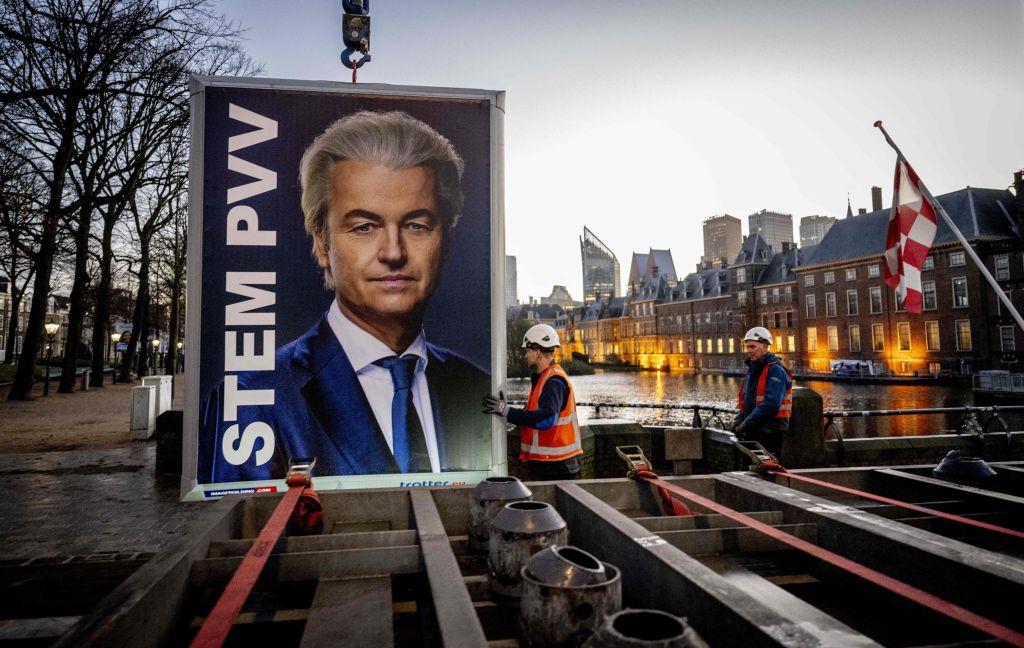Commentary
Conservative movements are on the rise around the world, and increasingly taking political power in predominantly liberal, leftist, and socialist-leaning countries.

Conservative movements are on the rise around the world, and increasingly taking political power in predominantly liberal, leftist, and socialist-leaning countries.